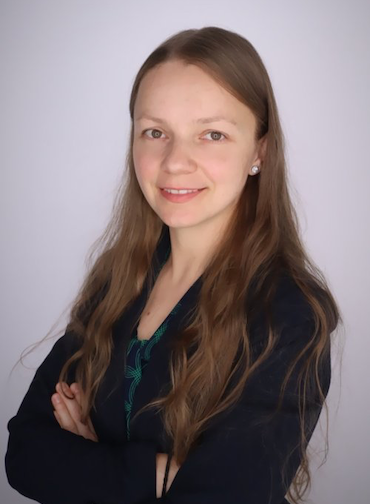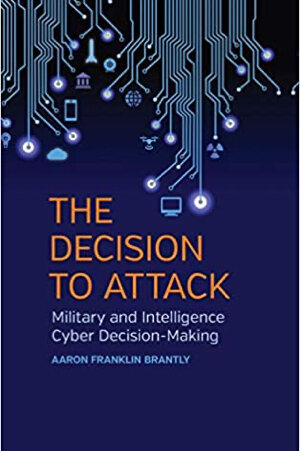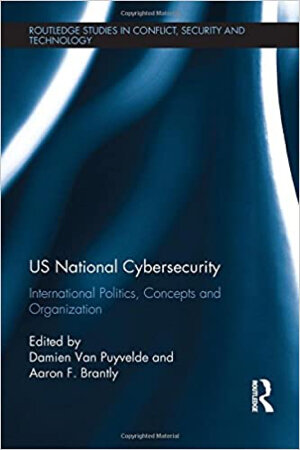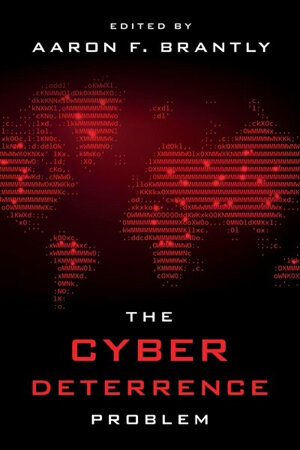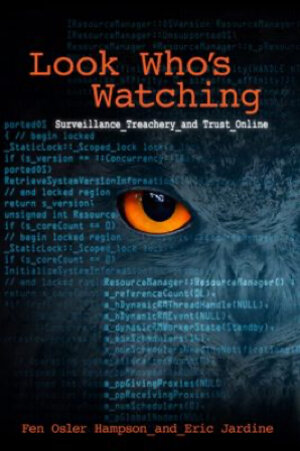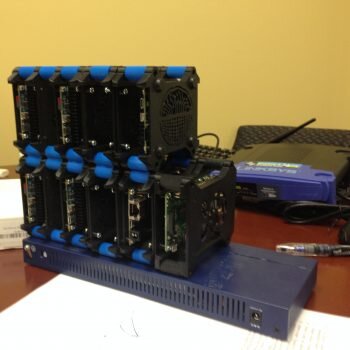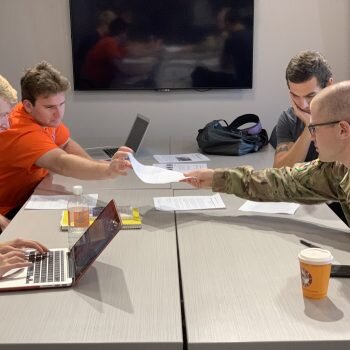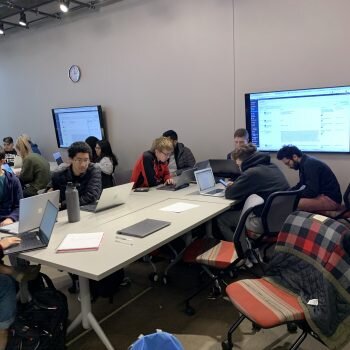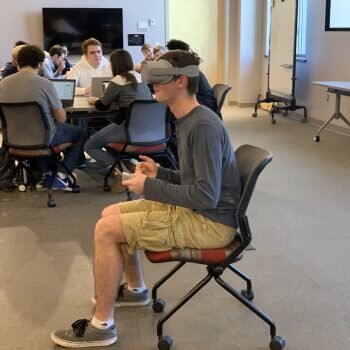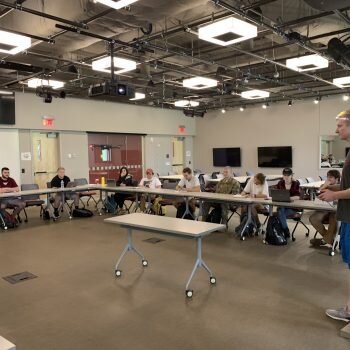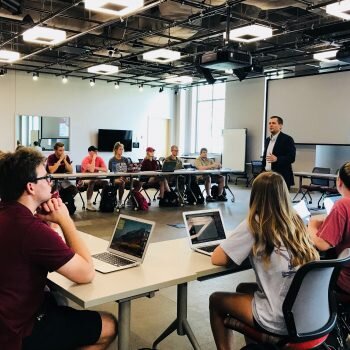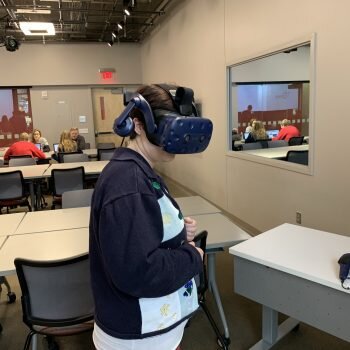Researching Technology’s Impact On The Human Condition
The Tech4Humanity Lab is a transdisciplinary laboratory at Virginia Tech, focusing on the impact of technology on the human condition. Our lab emphasizes issues of human security broadly constituting political, medical, social, economic and environmental securities. The lab utilizes transdisciplinary research, combining practices from political science, law, computer science, humanities, engineering, business, biology, public health, and area studies.
Our mission includes investigating the impact of technological advances on a broad spectrum of security issues. Early research initiatives include surveillance, censorship, data manipulation and misuse, and misappropriation for the purposes of impacting human security across and within multiple disciplines. The lab provides access to resources including High Performance Computing; mobile and IoT technologies; servers, software and simulations for modeling infrastructures; augmented and virtual environments; and a range of digital devices. The lab places concerns of human security at its core and seeks to develop technical- and policy-relevant research that might guide future innovation in ways that minimize negative impacts and enhance a comprehensive approach to technology and human security.
Lab Leadership
DEPUTY DIRECTOR FOR HEALTH TECHNOLOGIES, TECH4HUMANITY LAB
Above are some of the books that lab faculty have published in recent years.
Part of the mission of the Technology4Humanity Lab is to engage the next generation through dynamic programs that expose students to complex issues at the intersection of technology and the human condition.




